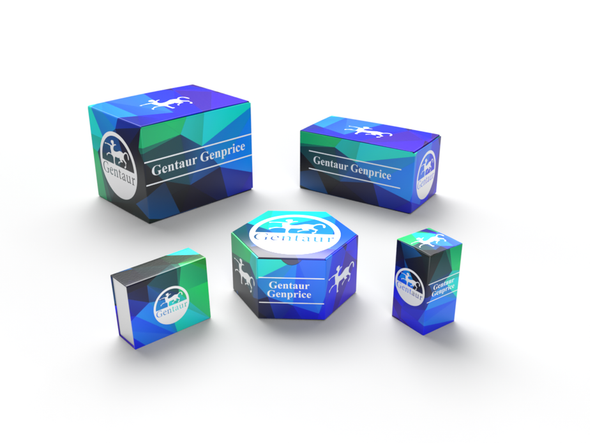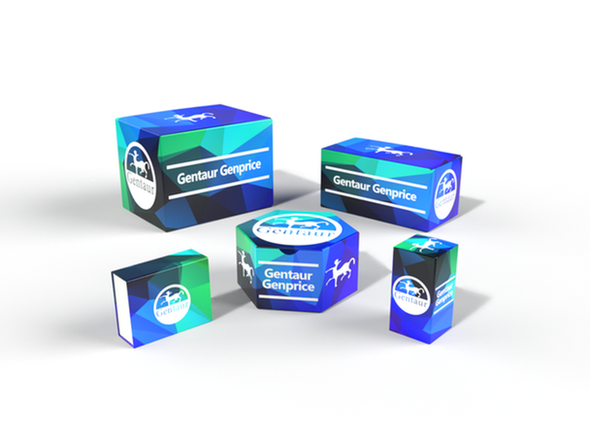740
Human Solute carrier family 22 member 4 (SLC22A4) ELISA Kit | AE19027HU
- SKU:
- 740-AE19027HU
- Availability:
- Usually ships in 5 working days
Description
Human Solute carrier family 22 member 4 (SLC22A4) ELISA Kit | AE19027HU | Gentaur UK, US & Europe Distribution
Species Reactivity: Human (Homo sapiens)
Abbreviation: SLC22A4
Alternative Name: MGC34546; MGC40524; OCTN1; integral membrane transport protein|solute carrier family 22 member 4
Application: ELISA
Range: 78.12-5000 pg/mL
Sensitivity: 27 pg/mL
Intra-Assay: ≤6.4%
Inter-Assay: ≤9.2%
Recovery: 0, 93
Sample Type: Serum, Plasma, Other biological fluids
Detection Method: Sandwich
Analysis Method : Quantitive
Test Principale: This assay employs a two-site sandwich ELISA to quantitate SLC22A4 in samples. An antibody specific for SLC22A4 has been pre-coated onto a microplate. Standards and samples are pipetted into the wells and anySLC22A4 present is bound by the immobilized antibody. After removing any unbound substances, a biotin-conjugated antibody specific for SLC22A4 is added to the wells. After washing, Streptavidin conjugated Horseradish Peroxidase (HRP) is added to the wells. Following a wash to remove any unbound avidin-enzyme reagent, a substrate solution is added to the wells and color develops in proportion to the amount of SLC22A4 bound in the initial step. The color development is stopped and the intensity of the color is measured.
Product Overview: The encoded protein is an integral protein of the plasma membrane containing 12 transmembrane segments. The first functional designation of this protein was OCTN1 but efficiency of transport for organic cations is very low.The transport efficiency for carnitine is also negligible. Instead, the protein is responsible for the cotransport of sodium ions and ergothioneine, which is an antioxidant, into cells. Thus, a more appropriate functional designation is ETT ("ergothioneine transporter") .Widely expressed. Highly expressed in whole blood, bone marrow, trachea and fetal liver. Weakly expressed in kidney, skeletal muscle, prostate, lung, pancreas, placenta, heart, uterus, spleen and spinal cord. Highly expressed in intestinal cell types affected by Crohn disease, including epithelial cells.
Stability: The stability of ELISA kit is determined by the loss rate of activity. The loss rate of this kit is less than 5% within the expiration date under appropriate storage condition. The loss rate was determined by accelerated thermal degradation test. Keep the kit at 37°C for 4 and 7 days, and compare O.D.values of the kit kept at 37°C with that of at recommended temperature. (referring from China Biological Products Standard, which was calculated by the Arrhenius equation. For ELISA kit, 4 days storage at 37°C can be considered as 6 months at 2 - 8°C, which means 7 days at 37°C equaling 12 months at 2 - 8°C) .






